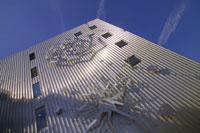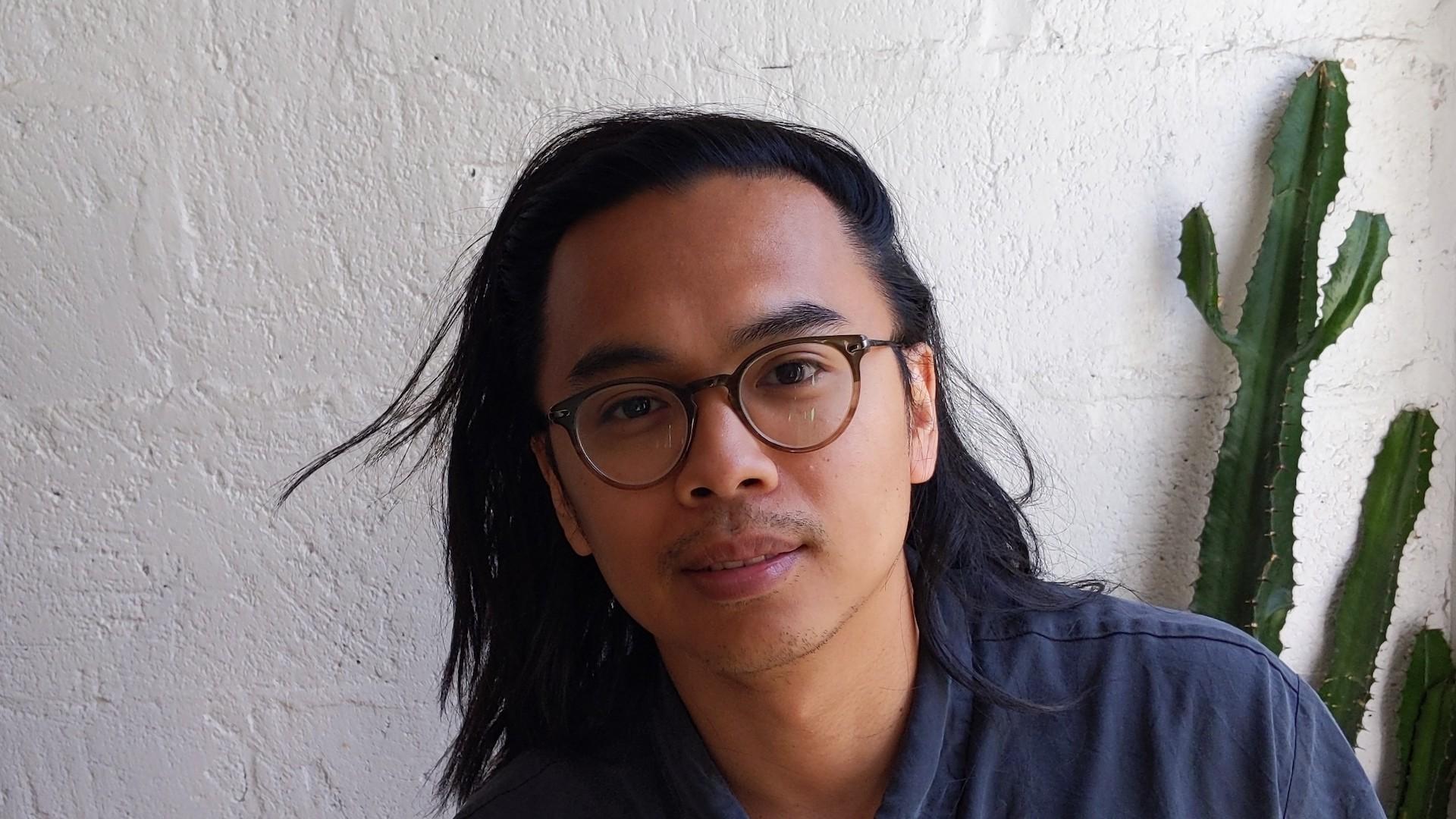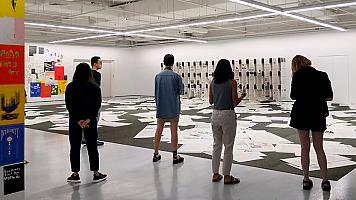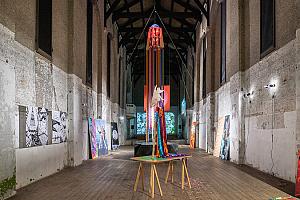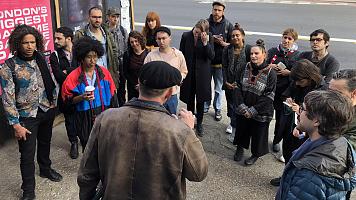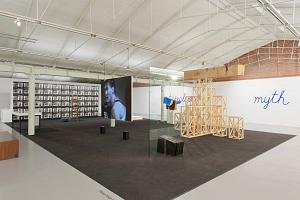Course information
Department
Length
1 year full-time or 2 years part-time
Course overview
The MRes in Advanced Practices responds to the growing importance of research within contemporary cultural production.
- Professionals and practitioners, be they artists, curators, choreographers, organisers, or others, engage in research and look for ways to circulate it widely. This 'research turn' has been a marked shift in recent years and is increasing in the wake of Covid-19 since audience numbers can no longer be a sole criterion for activity.
- The programme in Advanced Practices provides graduate students with an opportunity to invent methodologies, reframe urgencies and reimagine the contexts in which our work is circulating.
- Degrees are practice-driven, research-based, and can incorporate projects in progress, collaborations with organisations and platforms or be the opportunity to rethink the circulation and meaning of how and to whom work can communicate itself.
- Seminars are taught six times a year, encouraging those working in the field to be able to maintain their work. Participants are artists, curators, organisers, researchers and activists.
- There is a collaborative Practice Laboratory focused on an annual thematic that is investigated collaboratively – this is currently taught in weekly online meetings, seminars and guest lectures.
- There is a separate MRes seminar for introducing key concepts while the rest of the teaching and Practice Lab is shared with the PhD program.
Contact the department
If you have specific questions about the degree, contact Adnan Madani.
